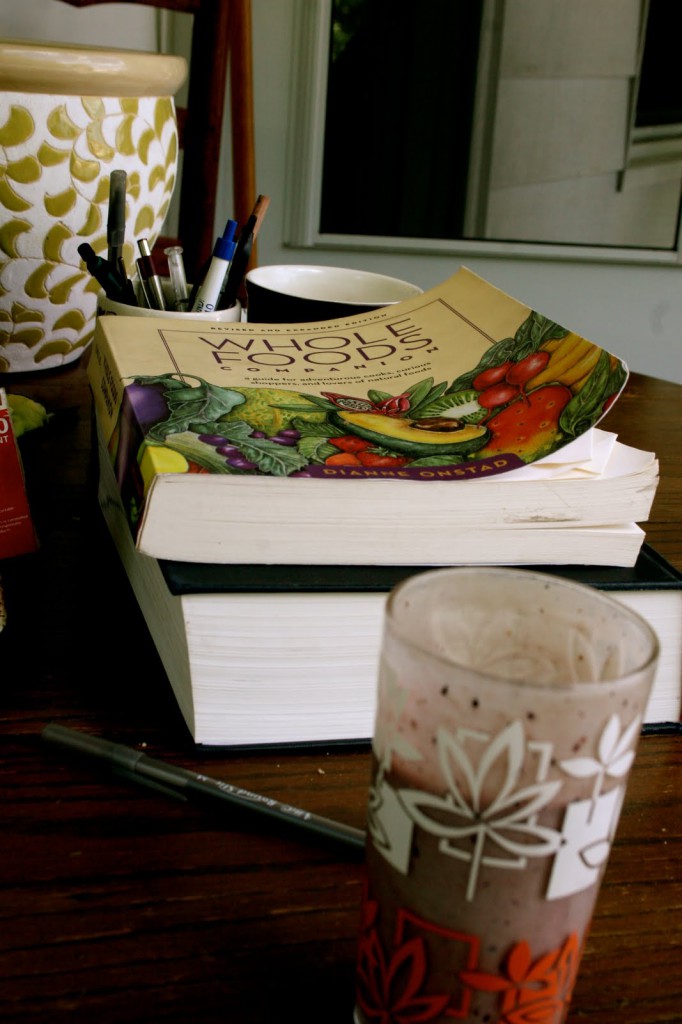Sleeping Through a Year
My word for 2013 was rest and it wasn't until yesterday that I saw the humor in it. I came into 2013 sleep deprived and exhausted. By the time I finished the year long theological training program in May (in which I needed to rise by 4:30am to make it to class on time), I wanted to swear off middle of the nights for the rest of time. This year sleep has been my elusive friend and favorite companion. In other years I'd have said I was depressed, but this year was different. I honestly was tired. I was soul tired, heart tired, mind tired. I wanted emotional rest, yes, but really, I just wanted to rest.
There were so many times this year when I resented the sleep I craved. "What is wrong with me," I'd ask myself. I've never been a snooze-button pusher and I would press it three, four, five times every morning. I'd keep myself up later than I needed, simply because the thought of more than seven hours of sleep sounded lazy, unnecessary, and entitled.
I know there are some of you who may roll your eyes at the luxury of being able to press the snooze button at all; your alarm clocks cry themselves awake intermittently through the night and early into the morning. It's okay, there are other things you get that I don't that are much nicer, so we're even-steven.
As I reviewed my year, asking myself a dozen questions I ask every January 1st, I realized I've been given exactly what I asked for, rest, but I hadn't seen it for what it was. God gives his beloved rest and sometimes that's just plain shut eye. Sometimes what we seek is a haven, a quietness, a trust, and strength, thinking that will bring us rest, and rightfully so:
In returning and rest you shall be saved; in quietness and in trust shall be your strength. Isaiah 30:15
But sometimes we just need to trust the times and sunlight and darkness, and just go to sleep.
I'm grateful I slept through 2013. It wasn't the rest I thought I wanted, or craved, but at the end of the year it was the rest I needed. I can trust that because God never sleeps, never slumbers, always keeps watch over His children.
He will not let your foot be moved; he who keeps you will not slumber. Behold, he who keeps Israel will neither slumber nor sleep.
The Lord is your keeper; the Lord is your shade on your right hand. The sun shall not strike you by day, nor the moon by night. Psalm 121
My word for 2014 is work. Let's see how this one turns out ;)








